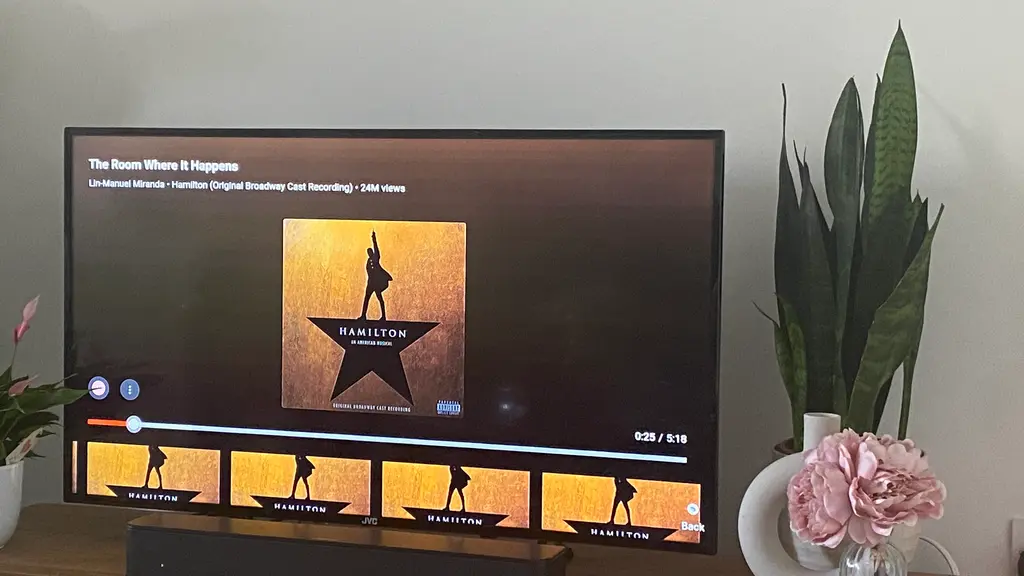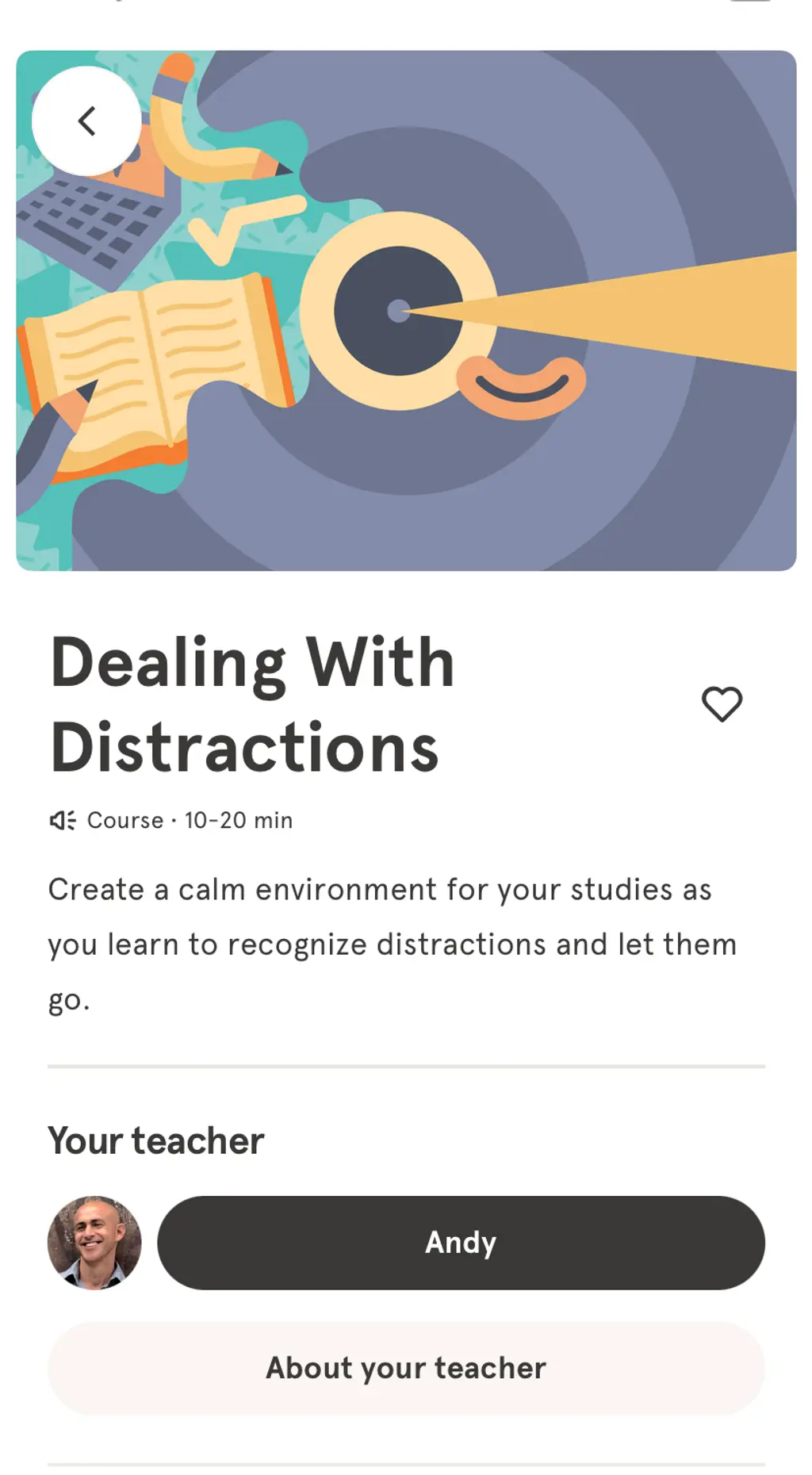Life as a content creator with dissociative identity disorder
Mental Health Diaries: A writer and content creator talks us through the ins and outs of living with dissociative identity disorder.
Each year, one in four people will struggle with their mental health in some way. But you don’t need statistics to realise the true extent of the problem. You perhaps only need to speak to friends and family, or even look inwardly, to notice that our collective mental health is in freefall. As we figure out how to heal from the tragedies of the pandemic, awareness has never been more important.
It’s not all doom and gloom, though. Running parallel to the rise in mental health issues is a growing desire to open up about the things we usually bottle up. Slowly but surely, stigmas are being smashed, taboos are being lifted, and more people are finding the courage to speak out.
THE FACE’s new series, Mental Health Diaries, is only part of the conversation. By laying the realities of living with various issues bare, we hope to not only encourage understanding and empathy towards those with stigmatised conditions, but also inspire people to reach out to others and seek support. Most importantly, we want everyone to know that they’re not alone.
I’m a writer and content creator from London. I have Dissociative Identity Disorder (previously known as Multiple Personality Disorder), a greatly misunderstood disorder that can present itself in a variety of ways. Put simply, it is a condition that affects memory, your identity and your emotions, and includes the experience of “detachment” from one’s self or feeling as if you are outside of your body for brief periods of time.
07:00AM: I wake up with my head reeling off the events and work I have to do for the day. Because of my condition, the day can sometimes get away from me due to sporadic bouts of forgetfulness when I dissociate, meaning I temporarily disconnect from my thoughts and identity, almost like I’m looking at myself through another lens. It’s imperative for me to make a list of all the things I need to do for the day, so I can keep on track. I include everything from remembering to wash my hair or water the plants, to washing the dishes or writing a blog post. I’m feeling a bit down today, which is sure to affect the disorder.
8:30AM: I’m on the sofa eating breakfast, putting in some serious procrastination time with the work I’m meant to be doing. I’m eating cereal while having a conversation with… who? I have no idea, but I can feel myself talking out loud aimlessly about nothing in particular. Talking out loud to yourself or an imaginary person can be a common symptom of DID, however those with DID may experience different symptoms. It feels like the scene in Get Out where Daniel Kaluuya’s character sinks into the floor and can do nothing but watch himself from another part of his subconscious. A strange, strange feeling. I finish rambling about whatever it is I was talking about and get to work.
11:00AM: I take a break and reflect on why I woke up feeling sad. I also live with depression, so these feelings tend to happen more often than usual. I write an entry in my journal about how I feel (which started as homework to accompany my therapy sessions and gradually turned into my DID diary) and begin to feel myself withdraw physiologically with something – someone? – else, beginning to rant about something completely random. I cannot for the life of me recall the monologue, but I do remember mentioning Aaliyah and Normani at one point.
1:00PM: For the last few months, I’ve been getting on average around 3 – 4 hours sleep, so I tend to take a short nap in lieu of having lunch around this time. Whenever I have short naps, I feel a weird detachment – I’m asleep, but there’s also part of me that’s always awake and always hyper-vigilant. I have a side to me that is incredibly neurotic when there’s no reason to be and that side of me always seems to manifest itself when I’m on the cusp of rest and sleep. I have figured out a way to try and curb that though…
1:15PM: One way that I attempt to manage the symptoms of DID is to try and stay as present as possible, in a bid to stop my mind from wandering. One thing that has seemed to work for nearly 15 years is to put on multiple episodes of The Simpsons. A random choice, I know, but during a really scary depressive episode at university, to keep myself from jumping off the edge, I started bingeing The Simpsons as it was one of my favourite shows at the time. Ever since, whenever I have a depressive or dissociative episode, it’s one of the things that always seems to calm me and make me feel present.
5:00PM: I’ve now watched nine episodes of The Simpsons and am getting ready to make dinner. I take stock of the fact that, aside from Whatsapping my managers and watching TV, I haven’t really done much with the day. This frustrates me and, with that frustration, my mind begins to wander again. I begin to rant loudly out of nowhere, talking to no one in particular but feeling as though there is someone in front of me. I begin to feel myself having full-on conversations with thin air, yet can do nothing but allow the episode to pass.


6:30PM: I scroll through Instagram for a few minutes, replying to messages and emails before calling my Mum for a bit of a natter. I feel emotionally drained, despite not having done much throughout the day. This often tends to happen if I’ve been dissociating heavily during the day. I make sure that there isn’t anything I have to submit work-wise and then listen to a Headspace podcast. Every day I try to partake in activities that force me to be present and grounded, so my mind doesn’t wander. Podcasts and apps such as Headspace and Calm are amazing for that.
9:00PM: I again think about how unproductive my day was and how I could have done more with my time. Singing is another method that I use if I feel a dissociative episode coming on and need to distract myself. I think it is part of the reason why I have been so taken with Hamilton over lockdown – the show and subsequent soundtrack has done absolute wonders for me and my mental health. I love to sing, so it’s another tactic that helps me stay grounded. I switch to the Hamilton soundtrack on YouTube (not the actual play, as the song tempos are slightly slower to accommodate the actors’ movements) and begin to sing the entire two and a half hour score from beginning to end.
11:30PM: I shower and get ready to chill out in bed. I talk to a close friend on the phone for about three and a bit hours before getting some sleep.
3:20AM: I finally drift off to sleep with the help of a podcast about serial killers, ready to get my day started yet again in three and a bit hours…
Q&A
What’s the number one misconception about DID?
That the illness only manifests itself in violent and anti-social behaviour, despite it not being an anti-social mental health condition. The way that the condition is portrayed in Hollywood can be problematic, to say the least.
What’s the most useful coping mechanism you use?
Definitely singing and watching multiple episodes of my favourite show. It keeps my brain focused on that specific thing for a period of time.
What would your message to fellow sufferers be?
Please do not feel anxious about speaking about your condition. It has a huge stigma, so I understand being wary, but it’s so important for conditions that aren’t as socially “palatable” as depression and anxiety to be normalised in society, to curb the fear that people have around it.
If you or someone you know is looking for support with dissociative identity disorder, you can find helpful resources below:
- Mind
- First Person Plural
- CDS UK
- Counselling Directory for finding specialist therapy



